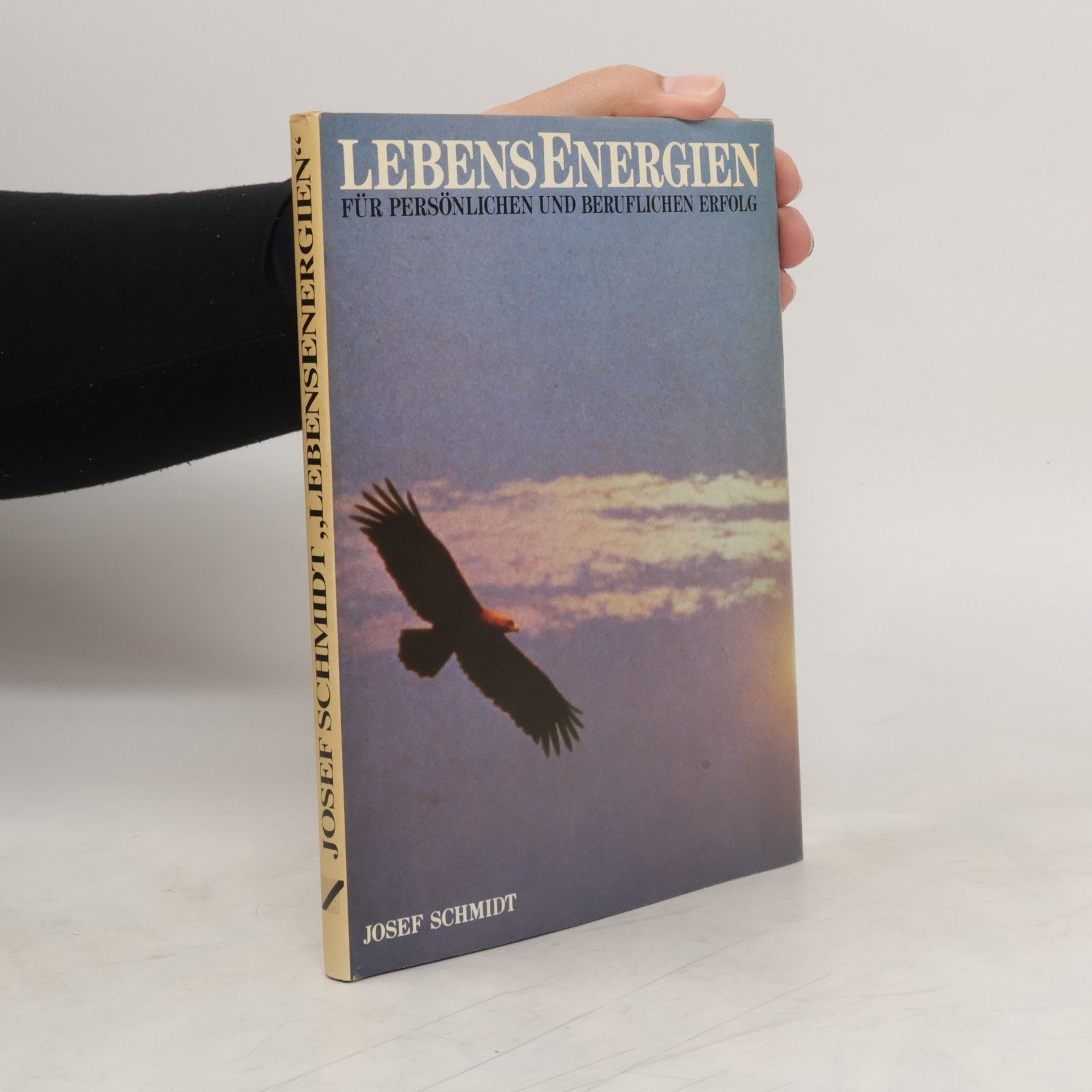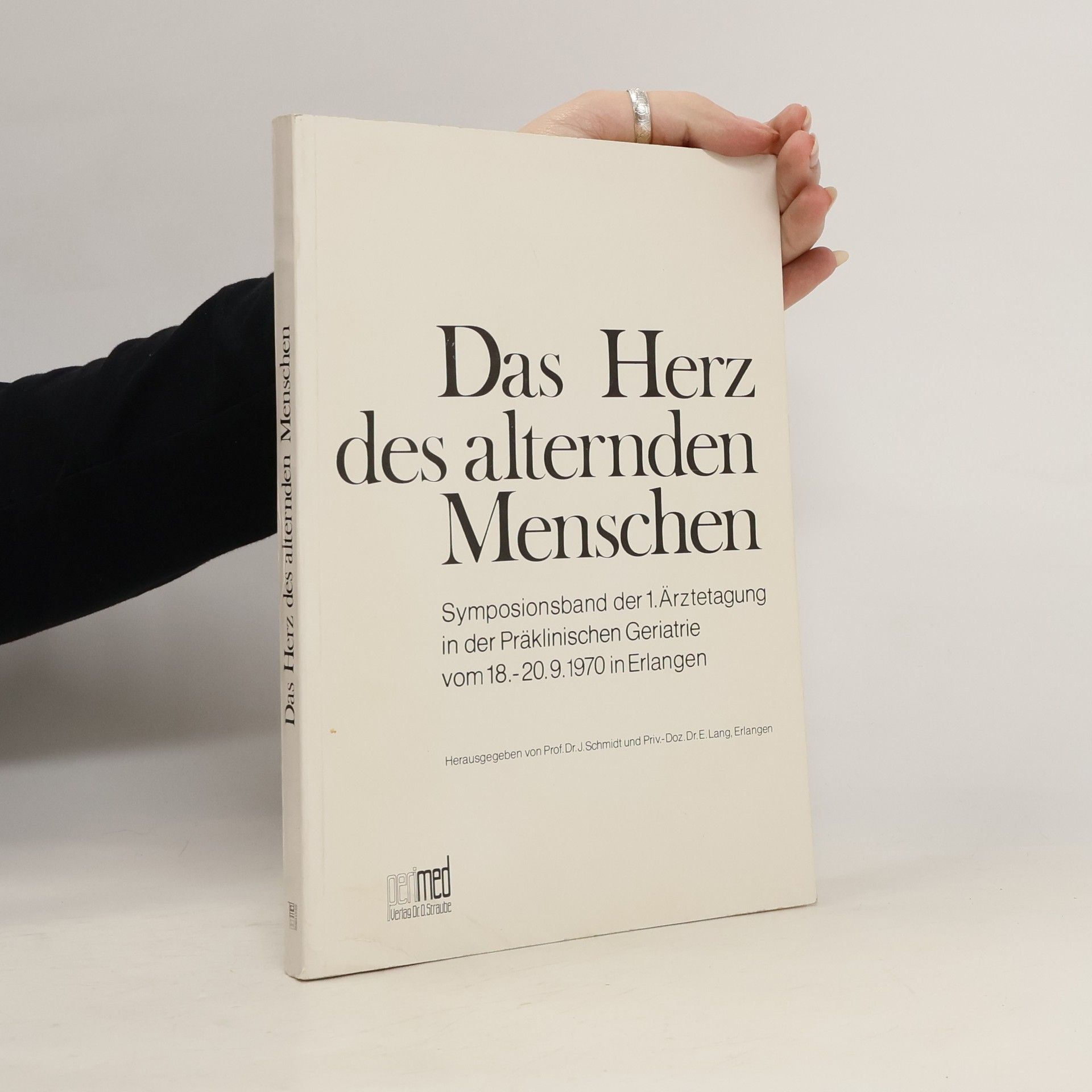Jedním z nejvydatnějších filosofických období je německý idealizmus – spekulativní metafyzické systémy J. F. Fichteho, F. W. J. Schellinga a G. W. F. Hegela. Po zhroucení těchto systémů dochází k rozštěpení filosofického myšlení: vzniká filosofie existence (S. Kierkegaard), pozitivizmus a materializmus, rodí se filosofická hermeneutika a filosofie života (F. Nietzsche, H. Bergson), ohlas získává Feuerbachova kritika náboženství, která dále působí v Marxově a Engelsově sociální filosofii. Všechny tyto rozmanité proudy jsou vystiženy v jejich hlavních rysech, přičemž se zvláštním důrazem byla položena otázka, jak lze charakterizovat meze jednotlivých pozic a nakolik se při analýzách daných problémů neubránily nebezpečí jejich zjednodušení
Josef Schmitz Knihy
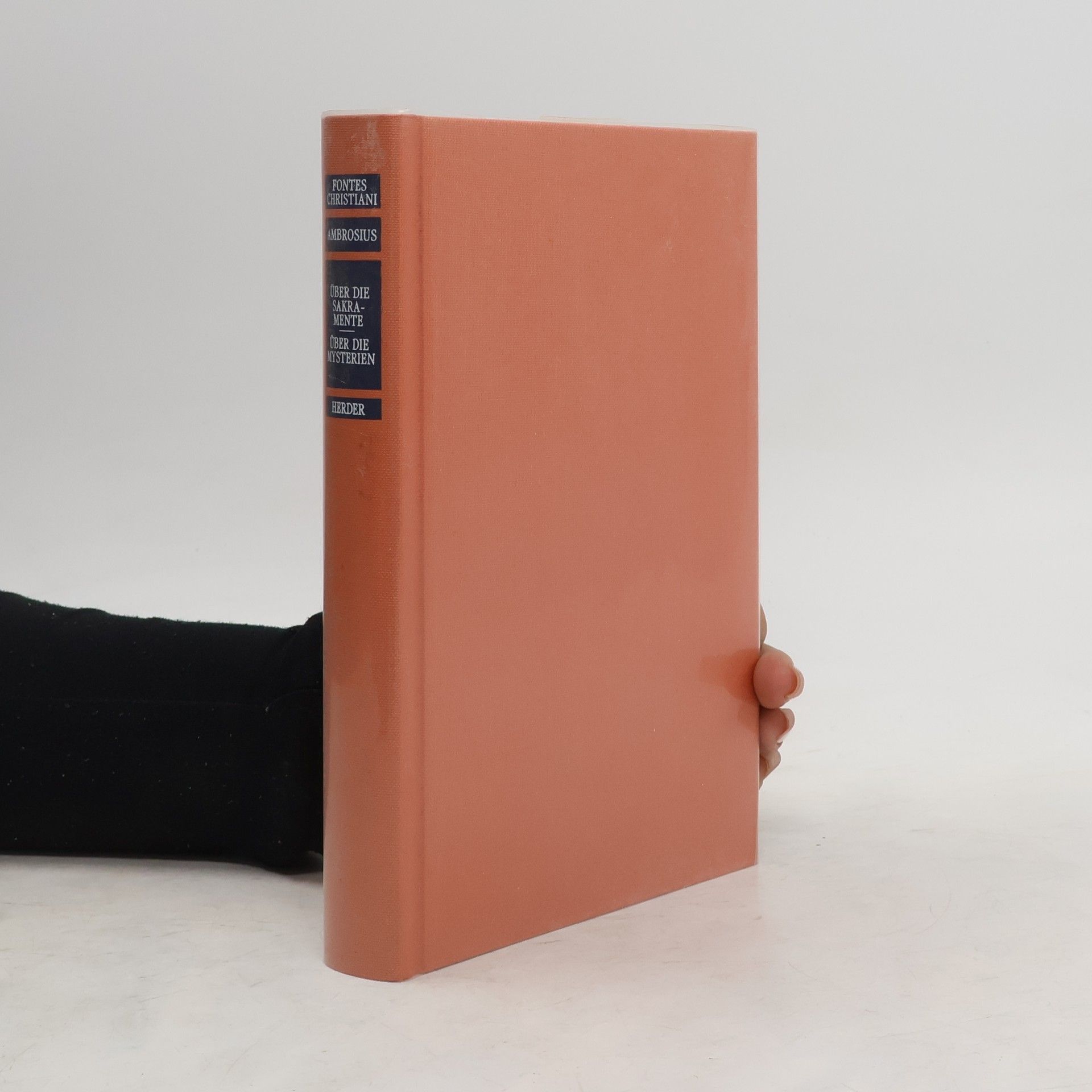
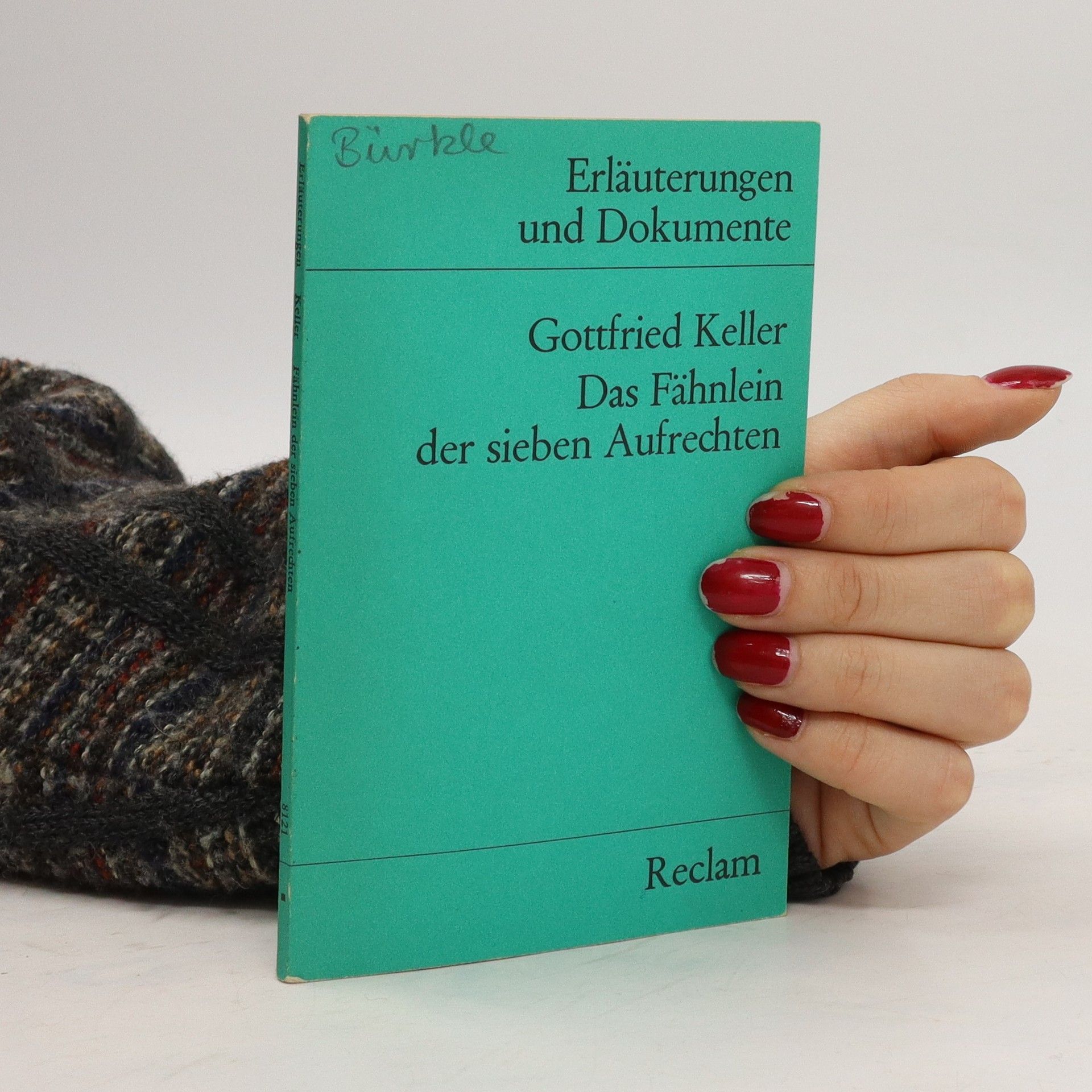
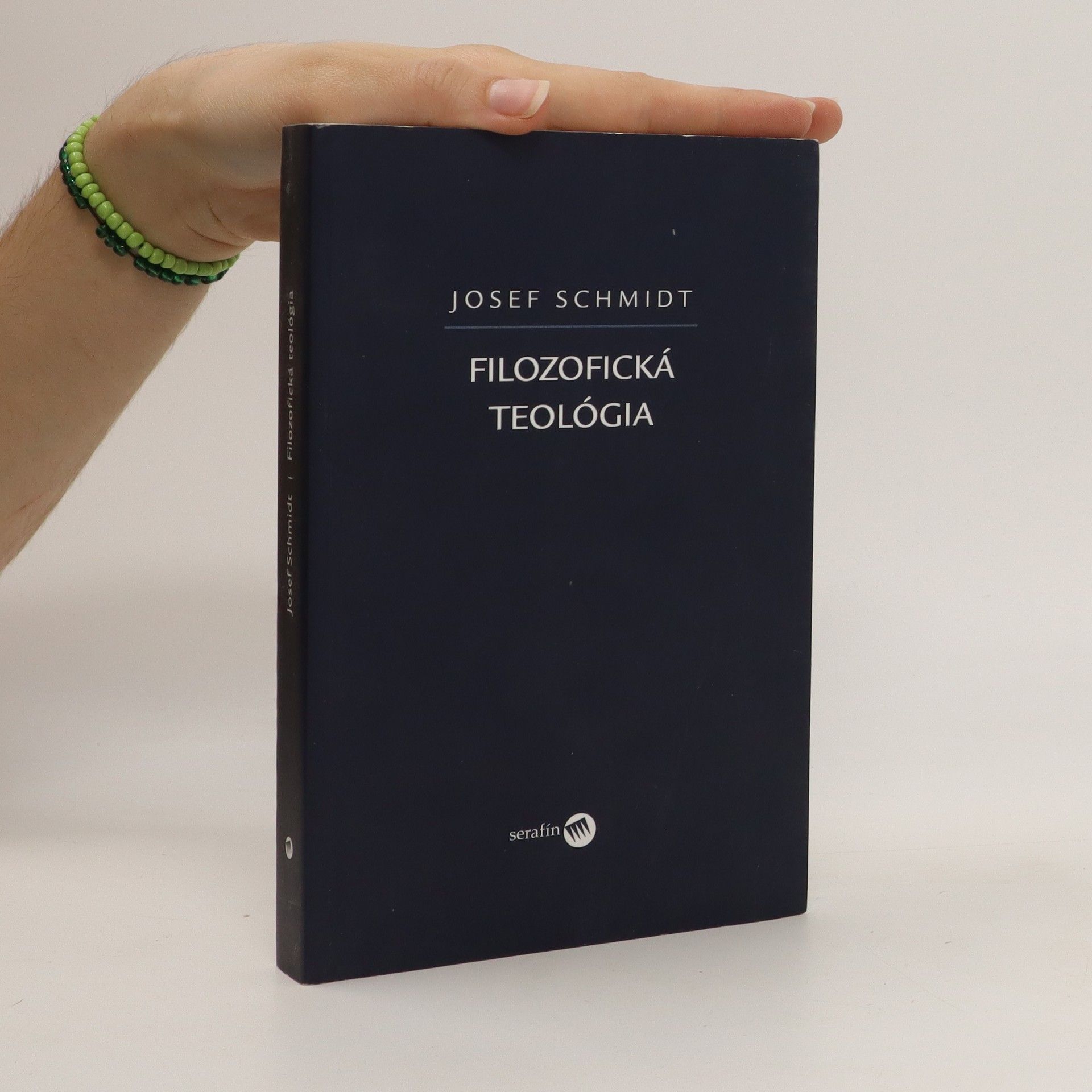
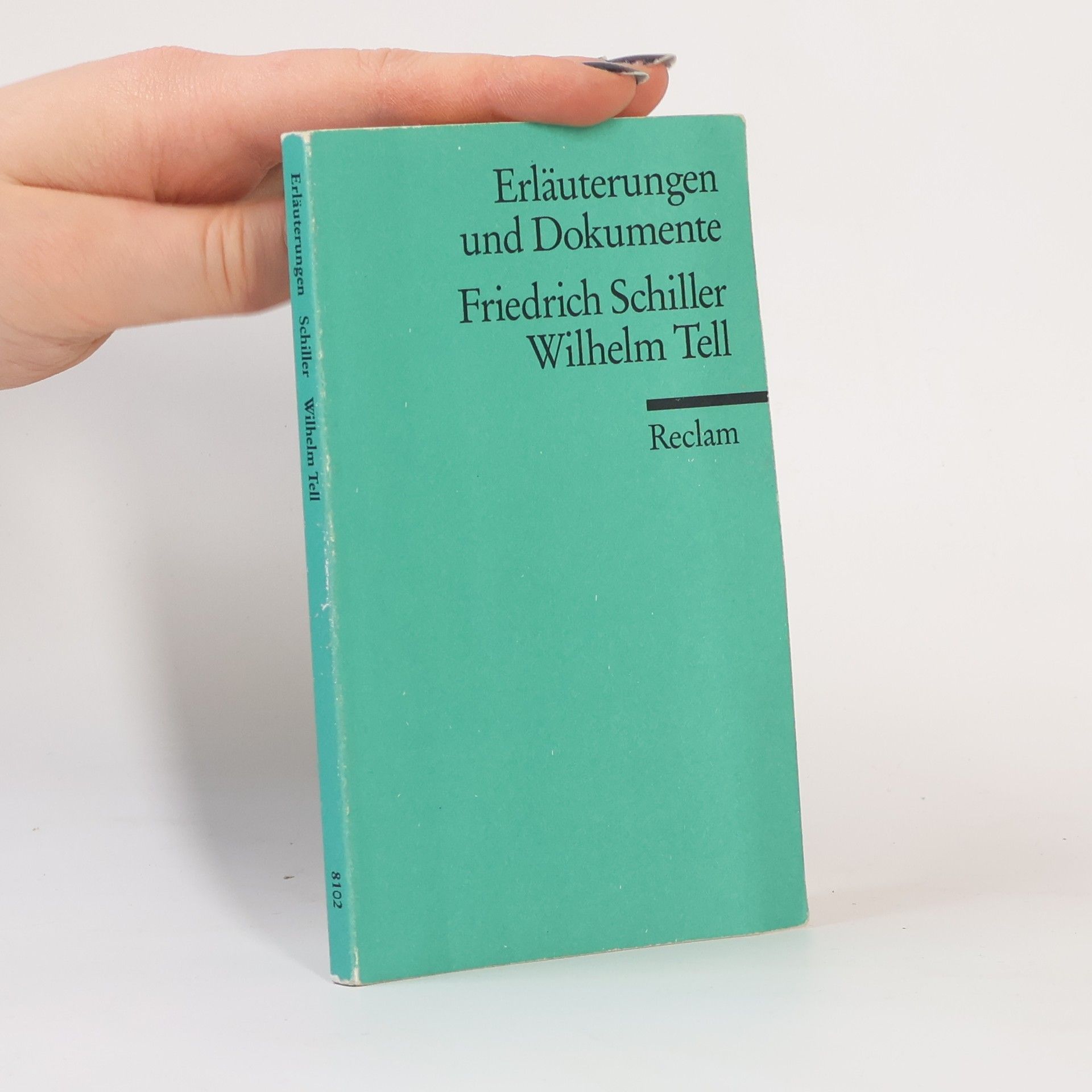
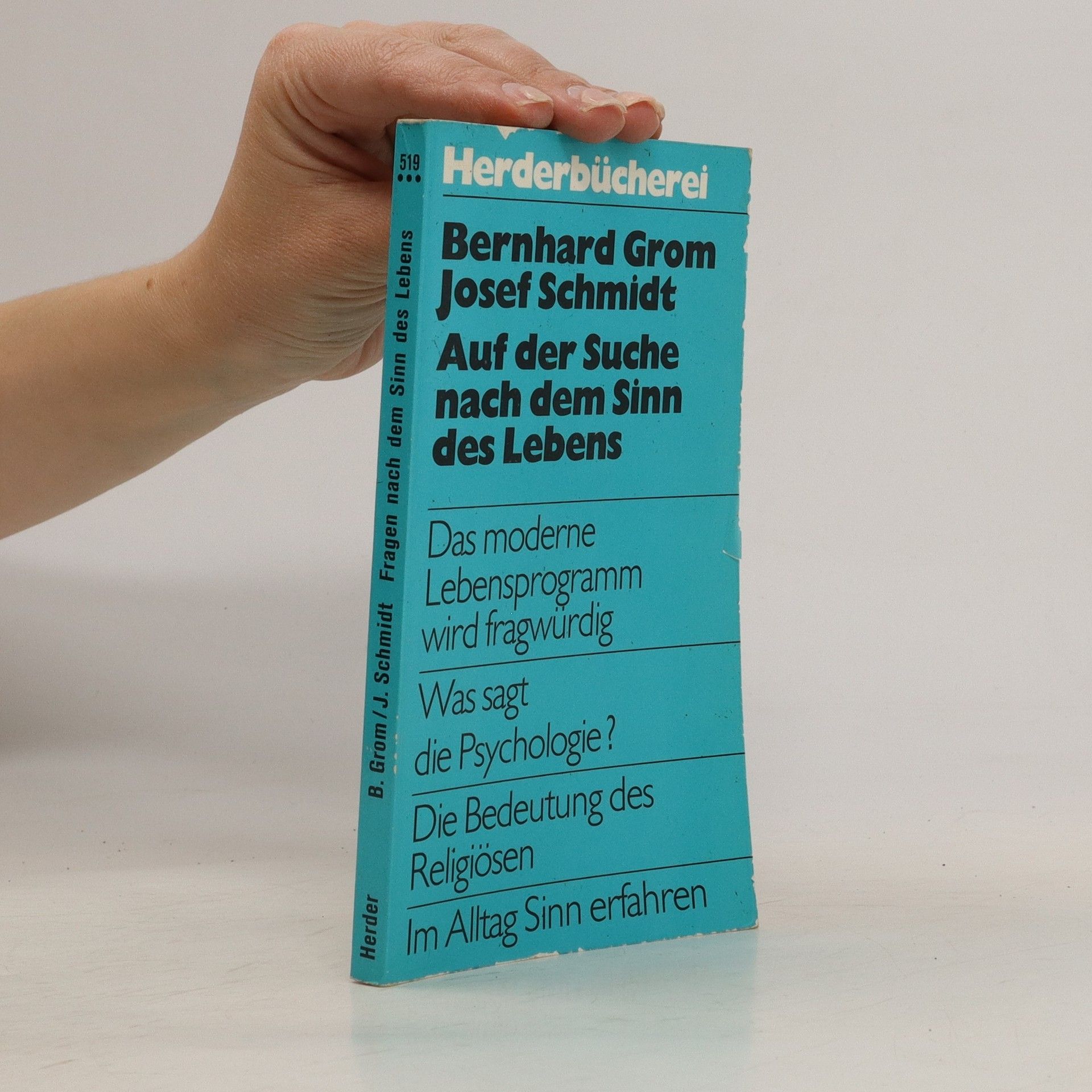
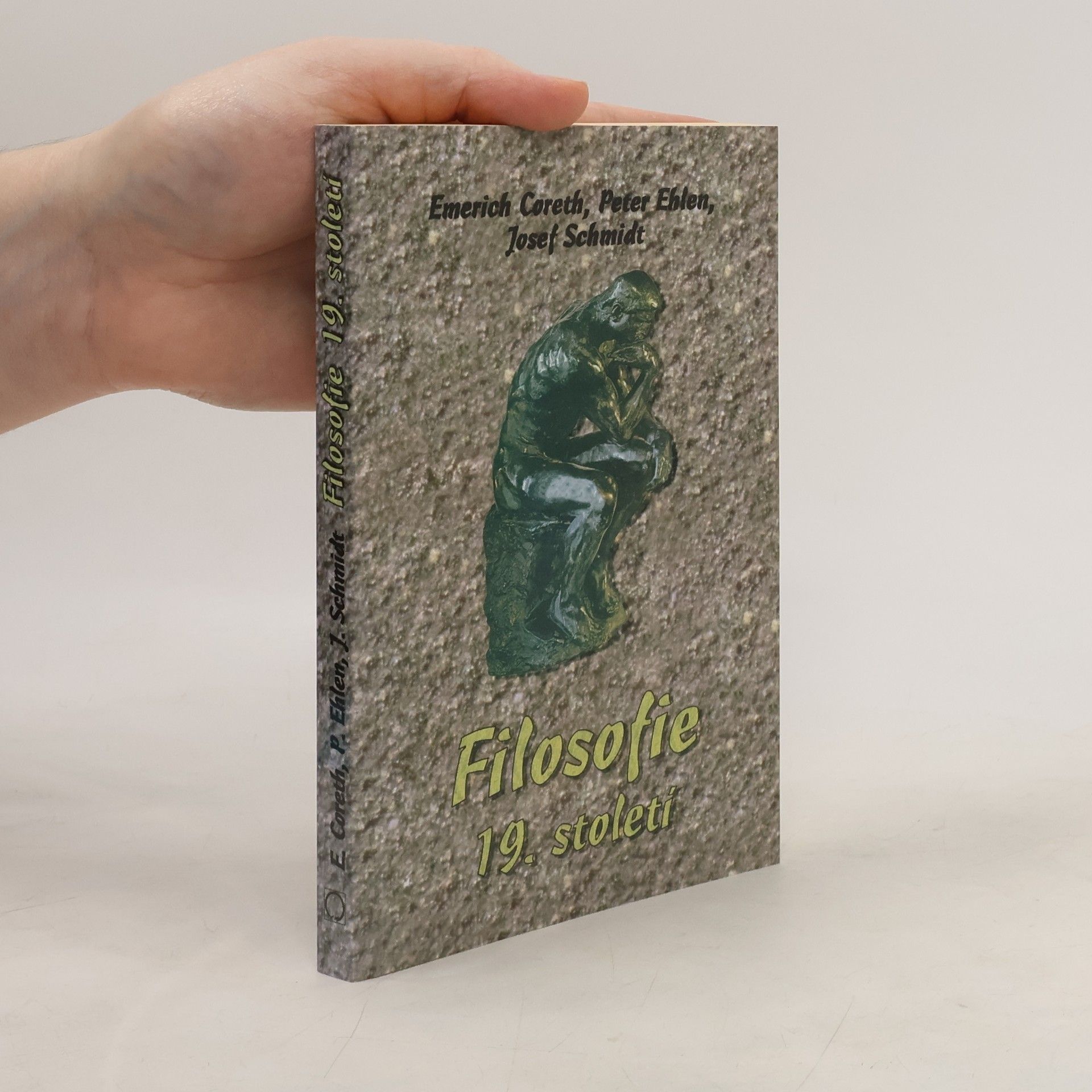
Friedrich Schiller, Wilhelm Tell
- 110 stránek
- 4 hodiny čtení
Filozofická teológia
- 402 stránek
- 15 hodin čtení
Táto kniha vznikla na základe prednášok, ktoré mávam už niekoľko rokov pod názvom „filozofická teológia“ na Hochschule für Philosophie v Mníchove. Otázka Boha patrí už od antických čias k najvýznamnejším systematickým oblastiam filozofie. S touto otázkou nevstupuje do filozofie neznáma téma. Filozofia je na základe kontaktu s náboženskou tradíciou a teológiou stimulovaná k rozsiahlejšiemu záberu a k radikálnejším otázkam. Podľa svojej vlastnej štruktúry vyvíja filozofia argumentáciu, ktorej sa nemôže zrieknuť ani teológia, ak nechce „logos“ ako pojem brať naľahko. V tomto zmysle je teda filozofia podnetom pre teológiu. Užitočnosť tejto vzájomnosti dnes akoby na oboch stranách upadla do zabudnutia. Treba sa nad ňou znova zamyslieť a opäť sa ju snažiť oživiť. Práve to sa snaží urobiť táto kniha. (Josef Schmidt)
Lebensenergien für persönlichen und beruflichen Erfolg 1
- 121 stránek
- 5 hodin čtení
Jesus und der Menschensohn
Das Buch Daniel als Bezugspunkt jesuanischer Selbstdeutung
- 476 stránek
- 17 hodin čtení

